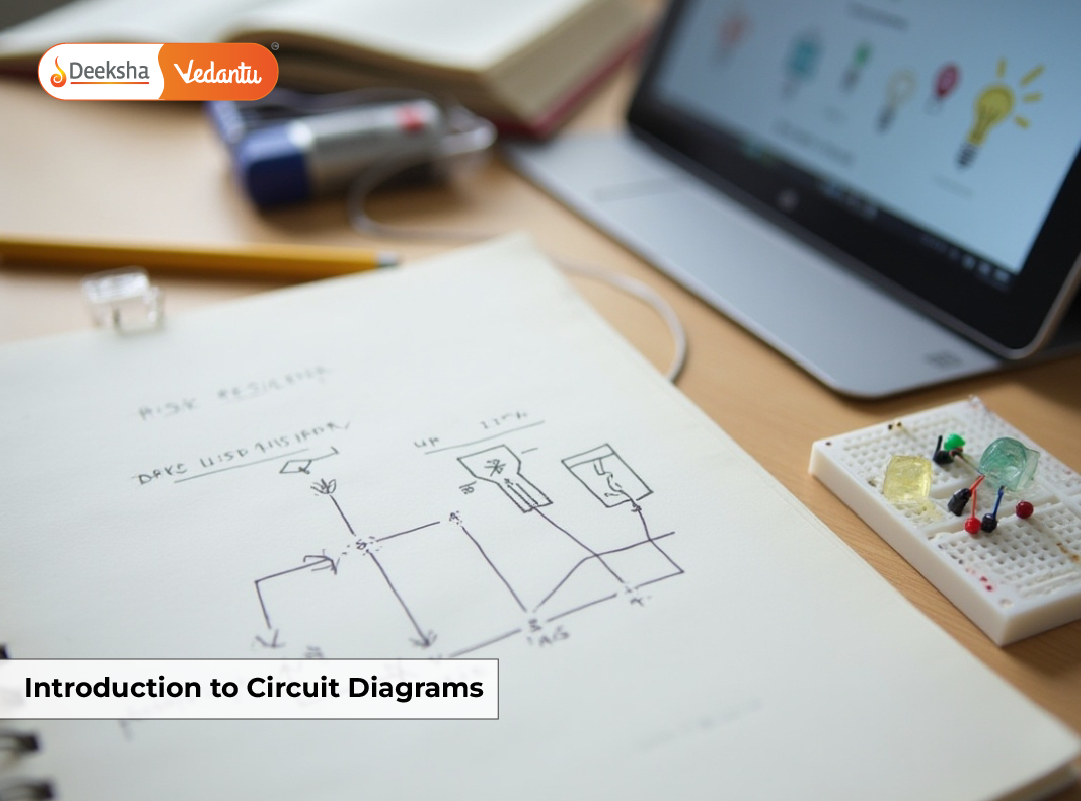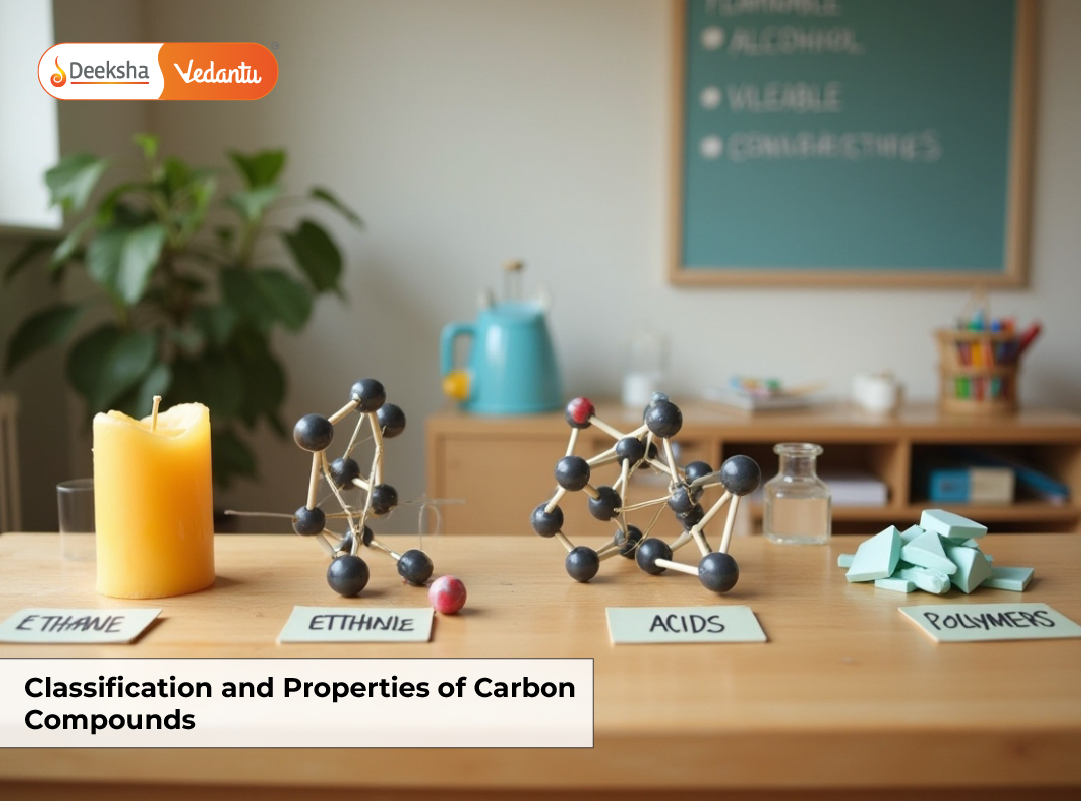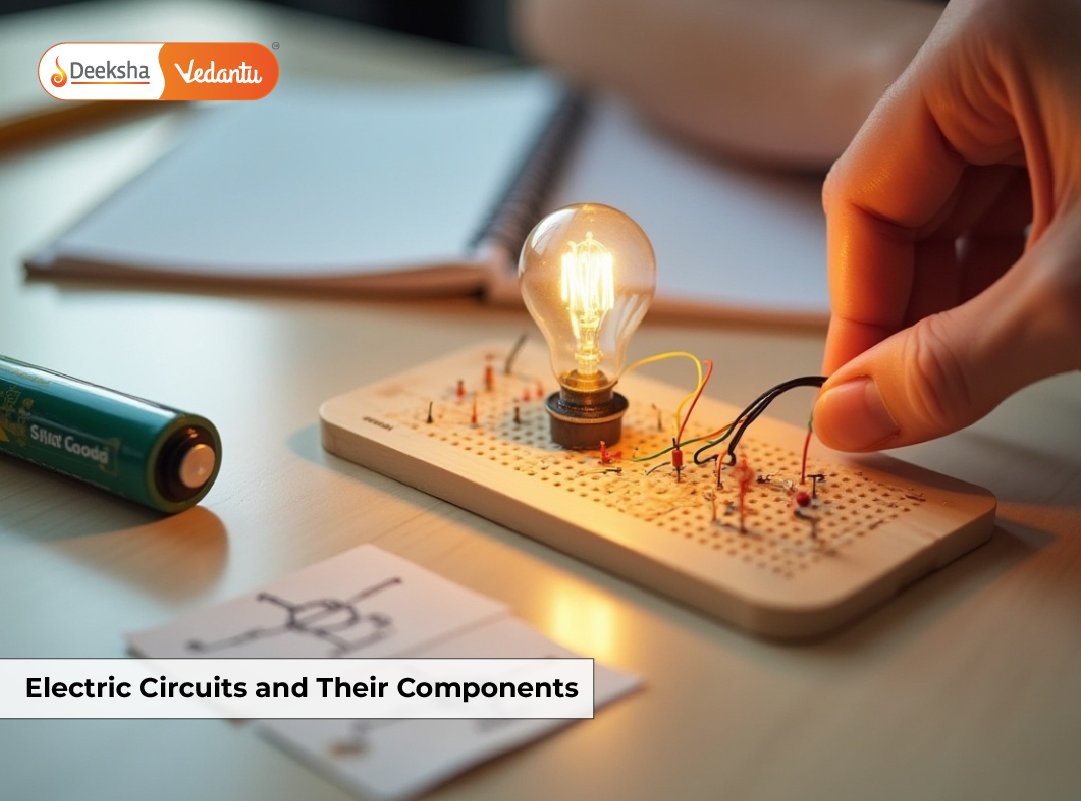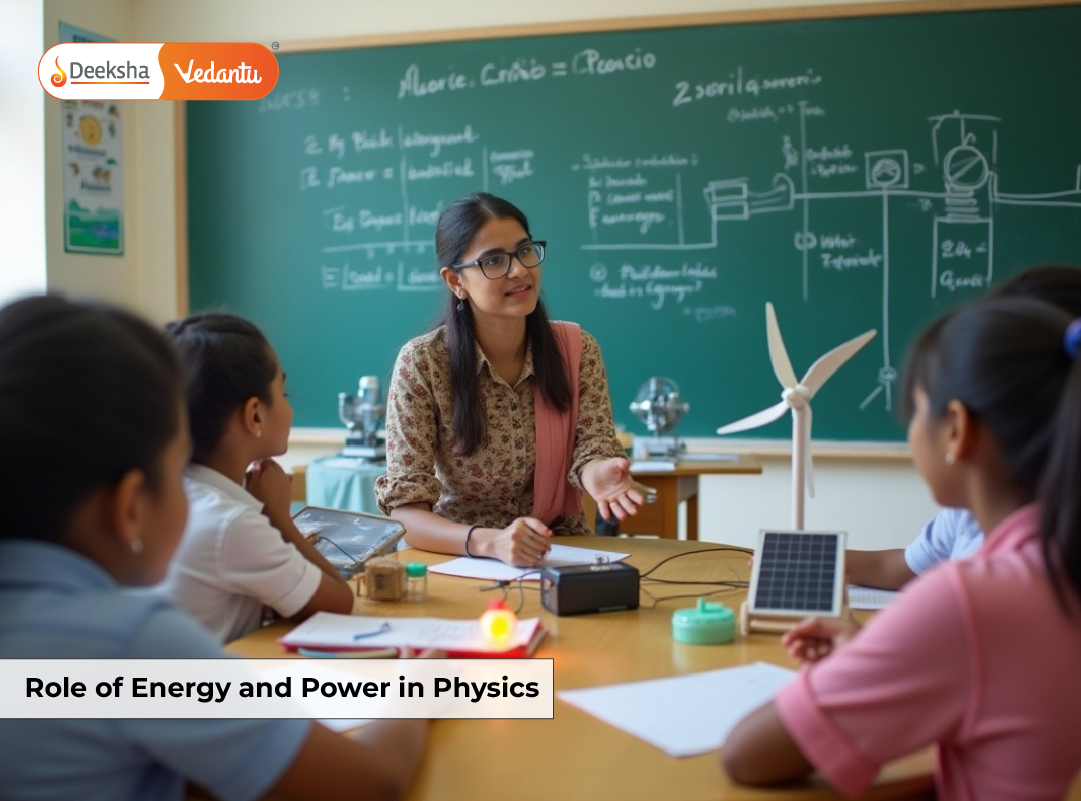Achieving academic excellence is a universal pursuit for students worldwide, irrespective of the educational stage they are in. Whether preparing for high-stakes exams, aiming for higher grades, or simply seeking to maximize learning efficiency, mastering effective study techniques is crucial. This guide outlines 11 proven strategies to enhance study habits, improve retention, and ultimately, elevate academic performance. Through a blend of traditional wisdom and contemporary insights, these methods promise to transform the way students approach their studies, setting the stage for success in any academic endeavor.
In this article, we explore 11 strategic methods that embody the essence of effective study habits. These techniques are not just random tips; they are the cornerstone for academic advancement and a testament to successful learning outcomes. Embracing these methods means embarking on a journey toward not only achieving better grades but also acquiring a deeper understanding and appreciation of the learning process. Let’s dive into these transformative strategies, which have been tailored to meet the diverse needs and learning styles of students across various academic disciplines.
Set Clear Study Goals
The first and perhaps most foundational tip for effective studying is setting clear, achievable goals. This strategy emphasizes the importance of understanding not just what you’re studying, but why you’re studying it. Goal setting acts as a roadmap, providing direction and motivation. By breaking down your academic objectives into manageable targets, you create a series of stepping stones towards your larger ambition. This method not only boosts motivation but also helps in monitoring progress, making adjustments as needed, and keeping your studies aligned with your ultimate academic and personal development goals. Effective goal setting transforms vague aspirations into tangible outcomes, paving the way for academic success.
Here’s a table to help students follow a structured approach in setting clear goals:
| Step | Description |
| Define Long-Term Goals | Identify what you want to achieve academically in the long run, such as your desired GPA, mastering a subject, or preparation for a specific exam. |
| Break Down into Short-Term Goals | Divide your long-term goals into smaller, more manageable objectives that can be achieved within a shorter time frame. |
| Set SMART Goals | Ensure your goals are Specific, Measurable, Achievable, Relevant, and Time-bound to increase the likelihood of success. |
| Create a Timeline | Outline a specific timeline for achieving your short-term goals, including deadlines and milestones. |
| Monitor and Adjust | Regularly review your progress towards your goals and be prepared to make adjustments to your plan as needed. |
This framework aims to guide students through the goal-setting process, making it more manageable and effective for achieving academic success.
Create a Study Schedule
The second critical strategy for effective studying involves creating a well-structured study schedule. Time management is a pivotal skill in academic success, and a study schedule acts as a blueprint for efficiently allocating your most valuable resource: time. This schedule should not only allow specific hours for studying but also incorporate breaks, recreational activities, and other commitments, ensuring a balanced approach to student life.
To begin, assess your weekly obligations—classes, extracurricular activities, family time—and identify blocks of time that can be dedicated to studying. Be realistic about how much time you can commit each day, and consider your peak productivity periods; some may find mornings more conducive to learning, while others prefer evenings.
Once these times are identified, dedicate them to specific subjects or topics, prioritizing based on urgency and difficulty. This strategic allocation helps in covering all necessary material without overwhelming yourself. It’s crucial to maintain flexibility within your schedule to accommodate unforeseen events or particularly challenging topics that may require additional time.
Equally important is scheduling regular breaks to prevent burnout and maintain high levels of concentration during study sessions. Techniques such as the Pomodoro Technique, which involves studying for 25 minutes followed by a 5-minute break, can enhance focus and retention.
A well-thought-out study schedule not only ensures comprehensive coverage of all study materials but also helps in reducing stress by eliminating last-minute cramming. This organized approach to studying fosters a sense of control and accomplishment, propelling students towards their academic goals with confidence and efficiency.
Find a Dedicated Study Space
The third essential tip for optimizing your study sessions is to find or create a dedicated study space. This space should be a sanctuary for focus and productivity, free from distractions that could impede your learning process. The psychological association your brain makes between a particular setting and the act of studying can significantly enhance your ability to concentrate and retain information.
When selecting a study area, consider the following key factors: lighting, comfort, and noise levels. Natural light is known to boost mood and energy, making it preferable to harsh artificial lighting. However, ensure the space is well-lit during evening hours to prevent eye strain. Your study chair and desk should support a comfortable posture to minimize physical discomfort during long study sessions. Finally, a quiet environment—or one with consistent, non-disruptive background noise—can greatly enhance your ability to focus.
Here’s a checklist to help you curate the perfect study area:
| Must-Haves | Avoid |
| Comfortable chair and desk | Mobile phone (unless for study-related apps) |
| Adequate lighting (preferably natural light) | Clutter and unnecessary items |
| Essential study materials (books, notebooks, pens) | Loud music or TV |
| Water bottle to stay hydrated | High traffic areas (to minimize interruptions) |
| Noise-canceling headphones (if needed) | Uncomfortable seating (to prevent distraction) |
| Clock or timer for managing study sessions | Snack foods (to avoid mindless eating) |
This table guides you in creating an environment that fosters concentration and productivity, by highlighting what to include for an optimal study setup and what distractions to eliminate.
Additionally, personalize your study space with necessary supplies and minimal distractions. Having all your study materials at hand reduces the need to get up frequently, keeping your focus intact. Consider also the psychological aspect of your space; a clutter-free, organized area can lead to a more focused mind.
For those who cannot dedicate a permanent area at home for studying, portable study kits can help recreate a personalized study environment anywhere. This could include headphones for noise-cancellation, favorite stationeries, and any other tool that aids your concentration.
Creating a study space that aligns with your personal learning preferences not only optimizes your study sessions for efficiency but also makes the process more enjoyable. This environment becomes a cornerstone of your study routine, signaling to your brain that it’s time to engage deeply with your learning materials.
Use Active Learning Techniques
The fourth tip focuses on the importance of using active learning techniques to deepen understanding and enhance memory retention. Active learning involves engaging directly with the material through various methods beyond passive reading or listening. This approach turns the study session into an interactive experience, where information is processed on a deeper level, leading to more efficient learning.
Key active learning strategies include:
- Summarization: Writing summaries of what you’ve learned helps in consolidating information and identifying key concepts.
- Teaching Others: Explaining concepts to someone else is one of the best ways to reinforce your understanding and identify any gaps in your knowledge.
- Question Generation: Creating questions about the material you’re studying encourages deeper thinking and engagement with the content.
- Visualization: Drawing diagrams or mind maps can help in visualizing relationships between concepts, making them easier to remember.
- Self-testing: Regularly testing yourself on the material helps to reinforce memory and identify areas that need more attention.
These techniques not only make studying more interactive but also significantly improve the quality of learning. By actively engaging with the material, students can develop a more nuanced understanding of the subjects they study, which is crucial for success in both coursework and competitive exams. Active learning encourages students to think critically, solve problems, and apply knowledge in various contexts, skills that are invaluable in academic and professional settings alike. Integrating these active learning strategies into your study routine can transform the way you learn, leading to more meaningful and lasting academic achievements.
Practice Regular Self-Testing
The fifth essential tip for achieving academic success is the practice of regular self-testing. This method is not only a means to gauge your understanding and readiness for exams but also a powerful tool to enhance learning and memory retention. Self-testing forces the brain to recall information, thereby strengthening memory associations and making it easier to retrieve the information in the future.
Incorporating self-testing into your study routine can be done in several effective ways:
- Flashcards: Create flashcards with questions on one side and answers on the other. This method is particularly useful for memorizing definitions, formulas, or key concepts.
- Practice Tests: Take advantage of practice exams provided by textbooks or online resources. Simulating test conditions can help acclimate you to the pressure of timed exams.
- Quizzing with Peers: Engaging in quiz sessions with classmates can introduce new questions and perspectives, enriching your understanding of the subject matter.
- Teaching Sessions: Attempting to teach the material to someone else can reveal areas where your understanding may be lacking, allowing you to target your studies more effectively.
The benefits of self-testing extend beyond improved retention; it also helps in identifying weak points in your knowledge, enabling focused revision. Additionally, the act of recalling information during self-testing mimics the process of retrieving information during actual exams, making it a practical exercise in exam preparation.
Regularly integrating self-testing into your study sessions cultivates a proactive approach to learning, where the focus shifts from passive absorption to active engagement with the material. This shift not only enhances academic performance but also instills a deeper, more lasting understanding of the subject matter.
Diversify Learning Materials
The sixth tip for effective studying emphasizes the diversification of learning materials. Relying solely on textbooks or lecture notes limits the scope of your learning experience. Incorporating a variety of resources broadens your understanding and provides multiple perspectives on complex subjects. This approach caters to different learning styles, whether you’re a visual learner, prefer auditory learning, or learn best through hands-on experience.
To diversify your study materials, consider the following:
- Online Lectures and Courses: Platforms like Khan Academy, Coursera, and YouTube offer extensive tutorials on a wide range of subjects.
- Educational Podcasts and Audiobooks: Great for auditory learners, these can be a convenient way to absorb information during commutes or downtime.
- Interactive Websites and Apps: Many educational apps gamify the learning process, making it engaging and interactive.
- Study Groups: Collaborating with peers can expose you to different viewpoints and study techniques, enhancing your learning.
Diversifying your study materials can make learning more engaging and enjoyable, breaking the monotony of traditional study methods. It encourages active engagement with the content from various angles, leading to a deeper and more comprehensive understanding of the subject matter. Additionally, this approach can help you discover the learning methods that work best for you, ultimately making your study sessions more effective and efficient.
Building on the importance of diversifying learning materials, particularly those in the 10th grade or approaching this pivotal academic milestone. Our website, Deekshalearning.com, stands out as an exceptional repository of educational content designed to cater to the diverse needs of learners. Whether you’re in search of comprehensive notes, past question papers, detailed syllabus outlines, or effective study tips and strategies, our content at Deeksha offers a wealth of resources to support your academic journey. Our platform is tailored to enhance your learning experience, providing you with the tools needed to excel academically. If you know someone in the 10th grade, or someone preparing to embark on this critical phase of their education, sharing this resource with them could significantly impact their study approach and academic success. Don’t miss the opportunity to explore and recommend us, where quality learning materials await to propel you and your peers towards your educational goals.
Organize Study Groups with Peers
The seventh pivotal tip for effective studying is organizing study groups with peers. This collaborative approach to learning leverages the collective knowledge and insights of the group, making it easier to tackle complex topics and share diverse perspectives. Study groups encourage active participation, discussion, and explanation, which can significantly enhance understanding and retention of material.
When forming a study group, aim for a small number of participants to keep sessions focused and productive. It’s crucial to select members who are committed and have a similar academic focus. Setting clear objectives for each session can help ensure that the group stays on task and covers the necessary material efficiently.
Utilize study groups to:
- Clarify Concepts: Explaining topics to others helps solidify your understanding and uncovers any areas needing further review.
- Share Resources: Each member might bring different materials or insights to the group, enriching the learning experience.
- Motivate Each Other: The group setting can foster a sense of accountability and motivation, encouraging members to prepare and participate actively.
Furthermore, engaging in healthy debate and discussion within the group can stimulate critical thinking and deepen your grasp of the subject matter. Organizing regular meetings leading up to exams or project deadlines can be particularly beneficial, providing timely support and encouragement.
Incorporating study groups into your academic routine can transform the learning experience from solitary to collaborative, enhancing both your knowledge and study skills in the process.
Take Regular Study Breaks
The eighth crucial tip addresses the increasingly prevalent issue of student burnout—a state of chronic stress and exhaustion stemming from intense academic pressures. In today’s fast-paced educational environment, the drive to excel in exams, maintain high grades, and balance extracurricular activities can lead to a detrimental impact on students’ mental and physical health. Recognizing and mitigating the signs of burnout is essential for sustaining long-term academic and personal well-being.
Taking regular study breaks is a fundamental strategy to prevent burnout. These pauses in the study routine are not a sign of laziness but a necessary component of effective learning. They allow the mind to rest, recharge, and return to tasks with renewed focus and energy. Implementing techniques such as the Pomodoro Technique—studying for focused intervals followed by short breaks—can enhance productivity while safeguarding against mental fatigue.
In addition to scheduling regular breaks, students should cultivate a balanced lifestyle that includes:
- Physical Activity: Regular exercise can reduce stress, improve mood, and increase energy levels.
- Social Connections: Spending time with friends and family can provide emotional support and distraction from academic stress.
- Hobbies and Interests: Engaging in activities unrelated to study can help maintain a sense of identity and joy.
Acknowledging the importance of mental health and adopting practices to prevent burnout are critical steps towards a healthy, balanced academic life. By taking it easy and treating oneself with kindness, students can achieve their educational goals without compromising their well-being.
Stay Healthy
The ninth tip for enhancing your study effectiveness and overall academic performance is closely monitoring and improving your diet. “Let food be thy medicine and medicine be thy food,” a quote often attributed to Hippocrates, underscores the profound impact nutrition has on our mental acuity, energy levels, and health. A balanced diet rich in essential nutrients can significantly improve cognitive functions, concentration, and stamina, all of which are crucial for students aiming for academic excellence.
Here’s a table of good foods to include in your diet, each selected for its benefits to student health and brain function:
| Food | Benefits |
| Whole Grains | Sustain energy levels and improve concentration |
| Berries | Rich in antioxidants to boost brain function |
| Nuts and Seeds | Provide omega-3 and healthy fats for brain health |
| Leafy Greens | High in vitamins and minerals for overall well-being |
| Fish* | Contains omega-3 fatty acids for brain health |
| Eggs* | High-quality protein and nutrients for energy and focus |
| Yogurt | Promotes gut health and supports brain function |
Incorporating these foods into your daily diet can help fuel your body and mind, leading to improved focus, memory, and overall mental wellness. Alongside maintaining a healthy diet, staying hydrated by drinking plenty of water throughout the day is essential for optimal cognitive function. Making informed dietary choices is a powerful tool in a student’s arsenal, offering both immediate and long-term benefits to their academic journey and health.
* For those seeking vegetarian alternatives to fish and eggs, focusing on plant-based sources rich in essential nutrients, proteins, and healthy fats is crucial. A good vegetarian alternative can be:
- Legumes and Beans: These are excellent sources of protein and are rich in iron and zinc, which are vital for cognitive function and energy. Legumes such as lentils, chickpeas, and various kinds of beans also offer fiber and B vitamins.
- Tofu and Tempeh: Made from soybeans, tofu and tempeh are not only high in protein but also contain a good amount of omega-3 fatty acids, especially important for those not consuming fish. They are versatile in cooking and can be used in a variety of dishes.
Incorporating these vegetarian options into your diet can help ensure you’re receiving a balanced intake of essential nutrients necessary for brain health and academic performance.
Seek Help When Needed
The tenth tip for boosting your study efficiency and overall academic performance hinges on the art of seeking help when needed. It’s crucial to remember that asking for clarification or assistance isn’t a sign of weakness; rather, it’s a strategic move towards understanding complex material and enhancing your learning.
Whether it’s consulting a teacher, tutor, or even a classmate, getting a different perspective can illuminate confusing concepts and provide insights that you might not have considered. This collaborative approach to learning often leads to deeper comprehension and retention of study material.
Here’s a light-hearted way to look at it: Why did the student eat his homework? Because his teacher said it was a piece of cake! Just like this joke, sometimes the solution to a problem can seem hidden in plain sight, and all it takes is asking the right person to see it.
Remember, educational journeys are not meant to be solitary treks. Leaning on the knowledge and expertise of others can propel you forward, turning obstacles into stepping stones towards academic success. So, the next time you’re stumped by a study problem, don’t hesitate to reach out. You might find that the solution is simpler than you think, and you could end up sharing a good laugh or two along the way.
Use Technology Wisely
The eleventh and final tip for maximizing study effectiveness is the judicious use of technology. In an age where information is at our fingertips, knowing how to harness the power of digital tools can transform the way we learn. However, it’s equally important to be mindful of the potential for distraction that comes with technology.
Digital platforms offer a plethora of resources, from educational apps and online courses to study management tools that can help organize your study schedule and track your progress. Tools like flashcard apps for memorization, video tutorials for complex concepts, and online forums for peer support are invaluable resources.
Yet, for all its benefits, technology can also be a double-edged sword. The key is to use it strategically. Set boundaries for social media use during study time to avoid falling down the rabbit hole of endless scrolling. Consider using website blockers to keep focused and ensure your screen time is productive, not procrastinatory.
Embracing technology with intentionality can significantly enhance your learning experience. It’s about finding the right balance that allows you to leverage digital resources to your advantage while maintaining control over your attention and time. As you navigate your academic journey, remember that technology, when used wisely, is a powerful ally in achieving your educational goals.
Final Thoughts
Mastering effective study strategies is key to academic success and personal growth. Each of the eleven tips outlined offers a unique approach to enhance your learning experience, from setting clear goals to wisely incorporating technology into your study routine. However, the journey doesn’t end with adopting these strategies. Choosing the right educational environment that supports and amplifies these practices is crucial. Deeksha offers a nurturing ecosystem for PU students, providing integrated coaching for competitive exams like JEE, NEET, and KCET. With a focus on holistic development and academic excellence, Deeksha equips students with not just the knowledge, but also the critical thinking and problem-solving skills necessary to excel in both their exams and future endeavors. By fostering an environment that encourages the application of effective study habits, Deeksha stands as a preferred choice for students aiming to achieve their highest potential. So, as you embark on your educational journey, remember that the combination of personal diligence and the right academic support can turn your aspirations into reality.
Table of Contents















Get Social